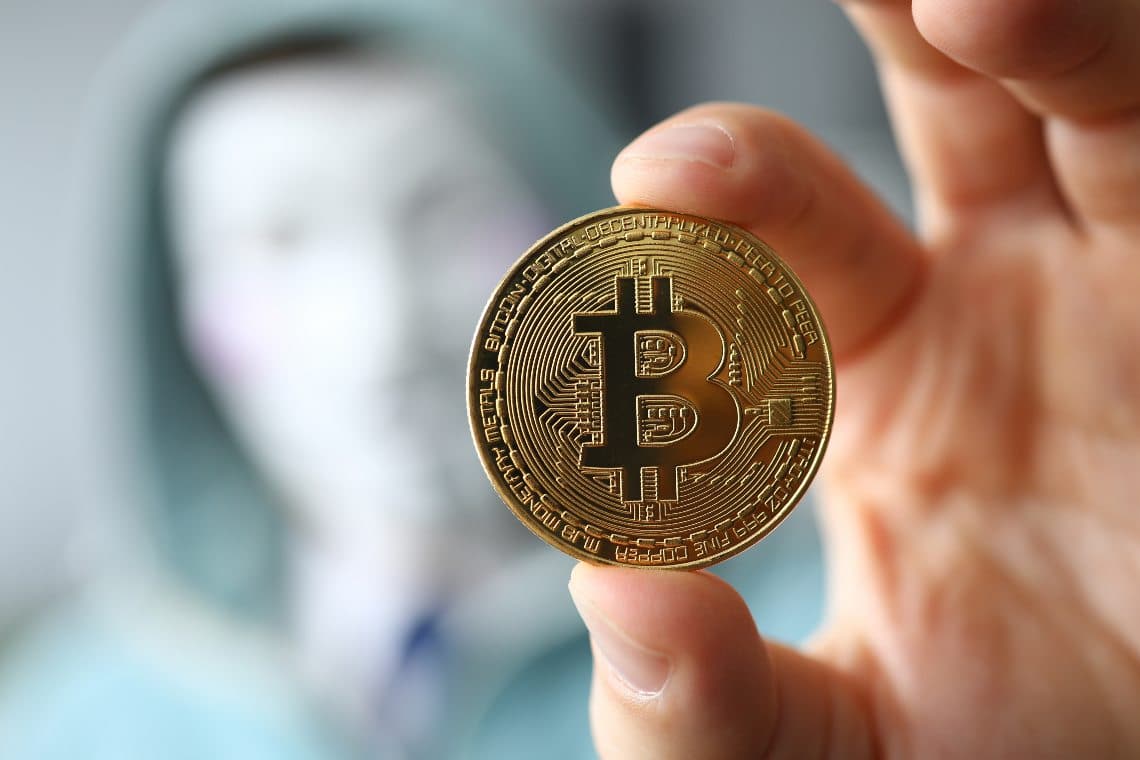Uncovering the identity of Satoshi Nakamoto, the inventor of Bitcoin, has become such a fascinating mystery that many journalists and curious people have even created entire websites with the aim of revealing the identity of this person.
There are many hypotheses about who Satoshi Nakamoto really is, but the sad reality is that there is no way to determine gender, age or whether we are talking about a single person or a plurality of individuals.
We will probably never know the real identity but what we can say for sure is that Satoshi Nakamoto is the inventor of Bitcoin, which has revolutionized the world of electronic money.
The beginning of this mystery dates back to October 31st, 2008 when a message from a mysterious user appeared on a cryptography mailing list announcing the creation of a new electronic money system.
Since then, the game of “guess who” about Satoshi Nakamoto’s identity has started.
The identikit outlined a middle-aged British man as his language had been defined as erudite and formal, with some old school flair. However, this first analysis was immediately reconsidered because, later on, other texts signed by Nakamoto had appeared online, but with a much more colloquial and less formal language.
To date, the most credited and sparkling hypothesis is the one provided by the documentary “Banking on Bitcoin” recently released on Netflix and which contains several interviews with some figures involved in the Bitcoin world.
The documentary film revealed that the pseudonym might hide three or four people from the group that participated in the creation of the entire blockchain and Bitcoin.
These would be: Hal Finney, Nick Szabo, Dorian Nakamoto, Adam Back, Wei Dai, but the investigation has focused on the first two.
Hal Finney, who passed away in 2014, was an outstanding cryptographer who worked with Satoshi.
Nick Szabo, inventor of Bit Gold, the source of inspiration for bitcoin, describes his project with a style and language very similar to the one used in Nakamoto’s whitepaper.
“Privacy is necessary for an open society in the electronic age. … We cannot expect governments, corporations, or other large, faceless organizations to grant us privacy … We must defend our own privacy if we expect to have any”.
This secrecy has allowed Nakamoto to operate without being subjected to direct pressure on his person. The mystery has only fuelled people’s curiosity and it is impossible for humans not to be curious. Humans, as Einstein said, will never stop asking questions.
Was privacy the foundation of its success?




